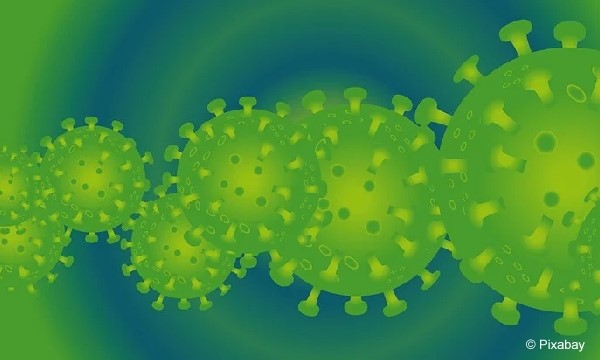Shanghai University, Tongji University, TUD and Waternet start cooperation on drinking water disinfection and corona
By Jan Peter van der Hoek
Two universities in China (Shanghai University, Tongji University) will start a cooperation with TU Delft, section Sanitary Engineering, and water utility Waternet (Amsterdam) on disinfection of drinking water related to the SARS CoV-2 “corona” inactivation.
Groundwater is very good protected against all kinds of microbiological contaminations, including viruses. In the Netherlands, disinfection of drinking water produced from surface water is applied using the multi-barrier approach. This is a very good barrier against bacteria, protozoa, and viruses such as the human enteric Noro-, Rota- and the Adenovirus. As the corona virus, an enveloped virus, is easier to remove and inactivate than these viruses, also drinking water produced from surface water is very well protected. There is no exposure to the corona virus via drinking water, and thus no waterborne transmission.

So, a good and safe disinfection barrier is a prerequisite. That is the topic on which the partners start a collaboration. The partners will join forces in the project ‘Study on prevention and technology to deal with the secondary risk of COVID-19 outbreak in drinking water supply system, Shanghai’.
The multi-barrier approach results in hygienically safe drinking water as proven in the Netherlands, but under the Chinese conditions chemical safety and optimization of drinking water treatment processes, under the situation of largely increased disinfection by-products formation caused by Coronavirus outbreak, are challenges.
From the site of China the project is coordinated by assistant Prof. Dr. Ir. Feifei Wang, School of Environmental and Chemical Engineering, Shanghai University, and by Prof. Dr. Ir. Wenhai Chu, College of Environmental Science and Engineering, Tongji University.
In 2018 Feifei Wang graduated at TUD, section Sanitary Engineering.
From the side of TUD and Waternet the project is coordinated by Prof. Dr. Ir. Jan Peter van der Hoek.
The project will run from 1st June 2020 till 31st May 2023.
